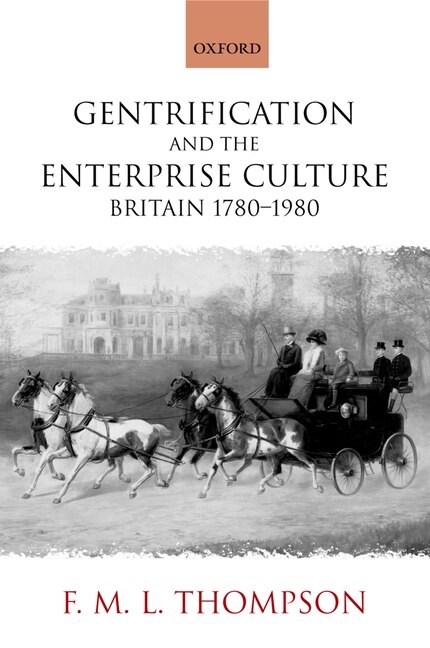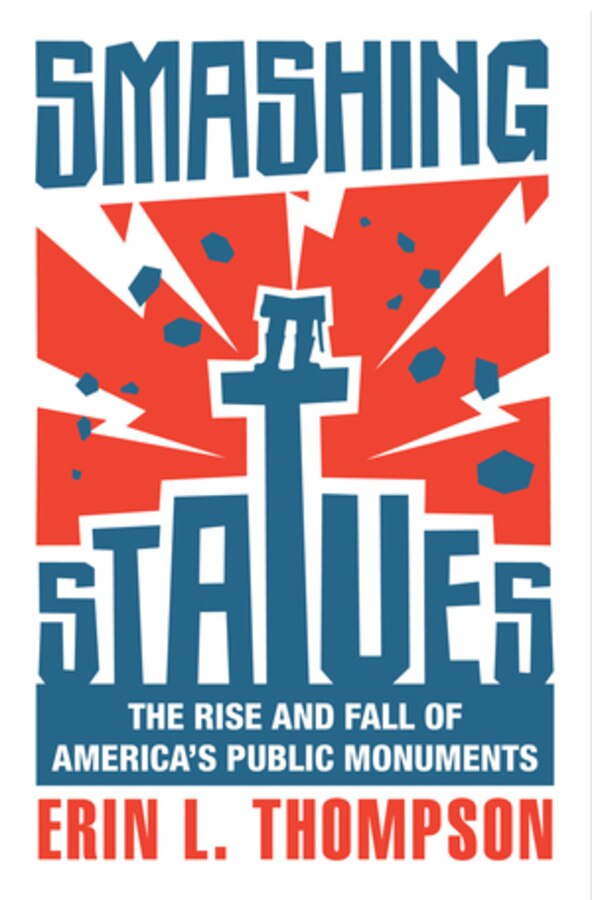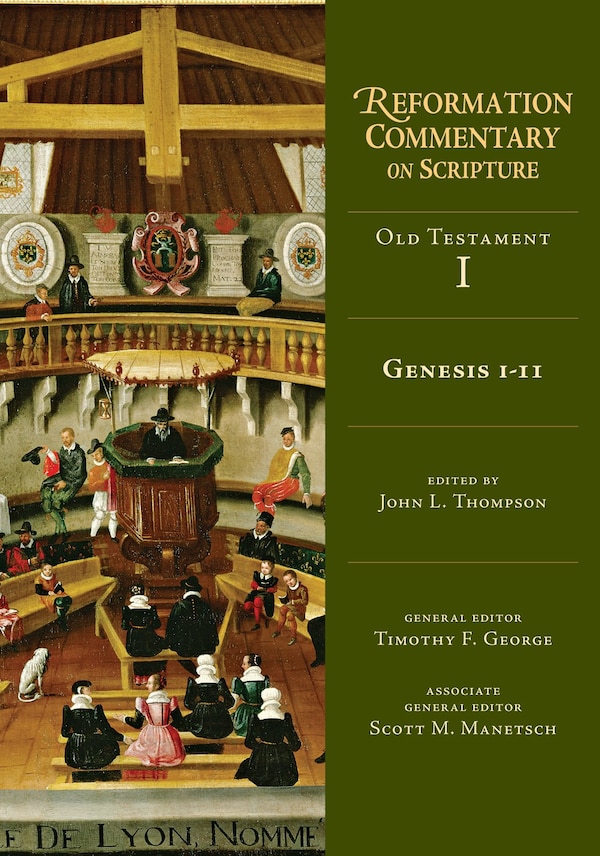
Compare Gentrification and the Enterprise Culture by F. M. L. Thompson, Hardcover | Indigo Chapters
F. M. L. Thompson
$237.00
The long-running debate on Britain's apparent economic decline in the last 120 years (not exactly noticeable in the living standards of ordinary people, which have risen enormously in that time) has generated a large economic and statistical literature and a great deal of heat in rival socialand cultural explanations. The 'decline' has been confidently attributed to the permeation of the business elite by the anti-industrial and anti-commercial attitudes communicated by public schools and the old universities through their propagation of aristocratic and gentry values; and the readinessof the buiness elite to be thus permeated has been ascribed to the persistent tendency of new men of wealth to transform themselves into landed gentlemen. There have been equally confident claims to have overturned this traditional view that wealthy merchants and industrialists sought to acquirelanded estates and country houses, and to have established that 'gentlemanly values' were in fact economically advantageous to Britain because she never was a primarily industrial economy. In this book, Professor Thompson subjects these interpretations to the test of the actual evidence, and firmly re-establishes the conventional wisdom on the characteristic desire of new money to acquire land and a place in the country, an aspiration which continues to be manifest today. At the sametime, he shows that aristocratic and gentry cultures have not by any means been consistently anti-industrial or anti-business, and that many of the businessmen-turned-landowners have in fact not turned their backs on industry, but have founded business dynasties. Gentrification has indeed occurredona large scale over the last two hundred years, but has had no discernible effects one way or the other on Britain' economic performance. | Gentrification and the Enterprise Culture by F. M. L. Thompson, Hardcover | Indigo Chapters








